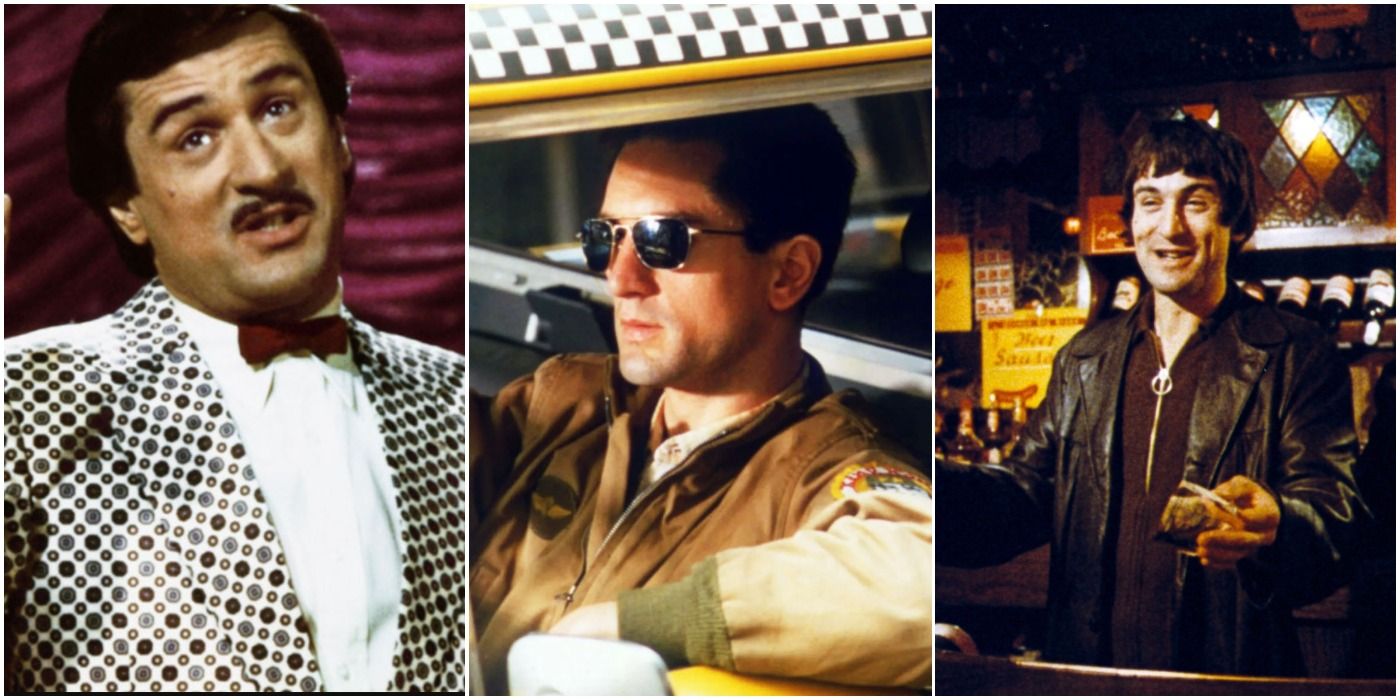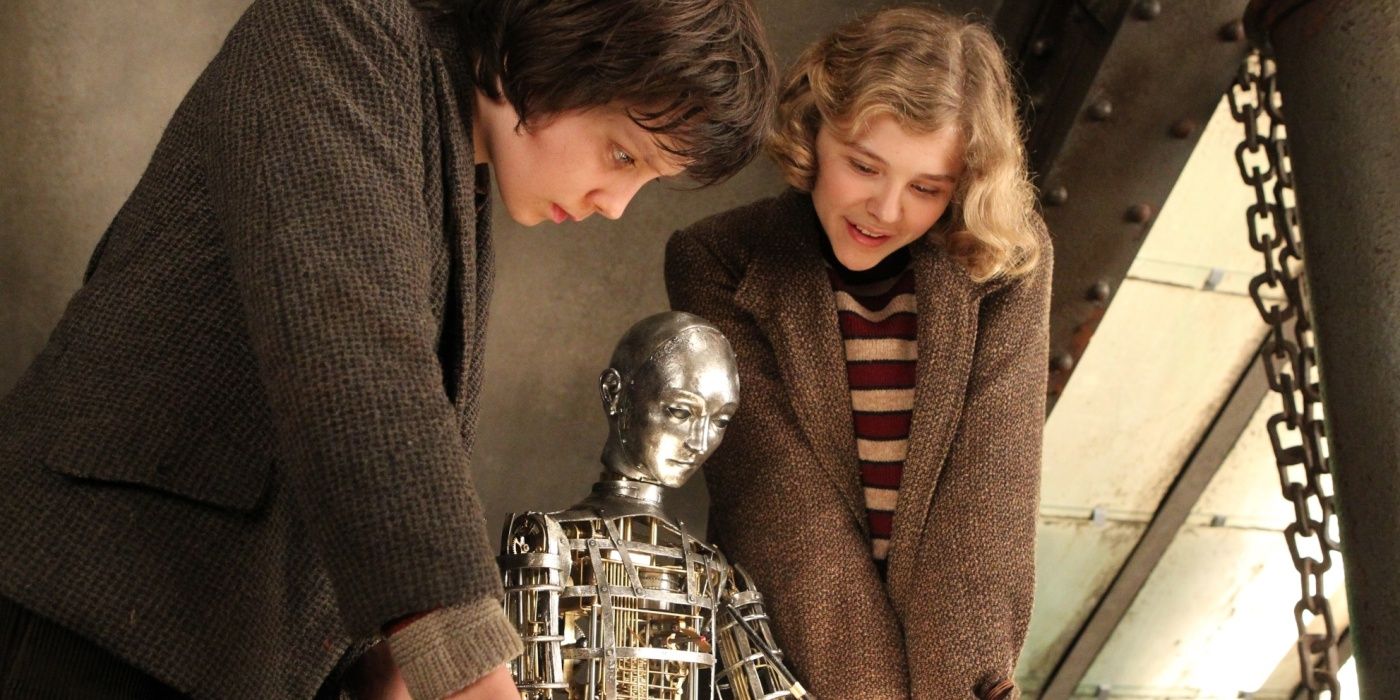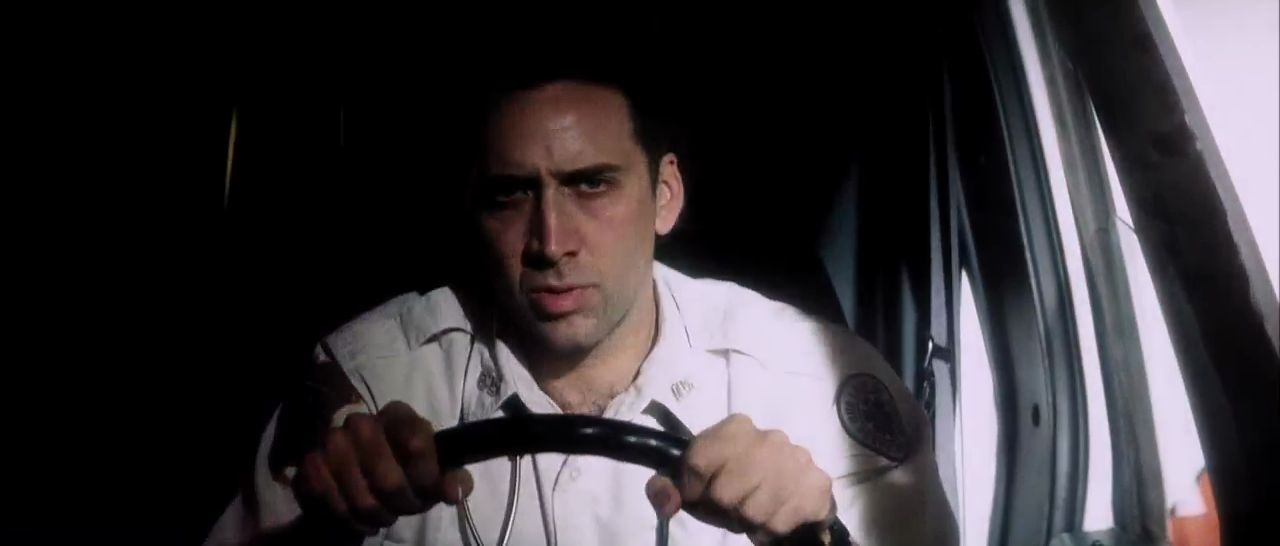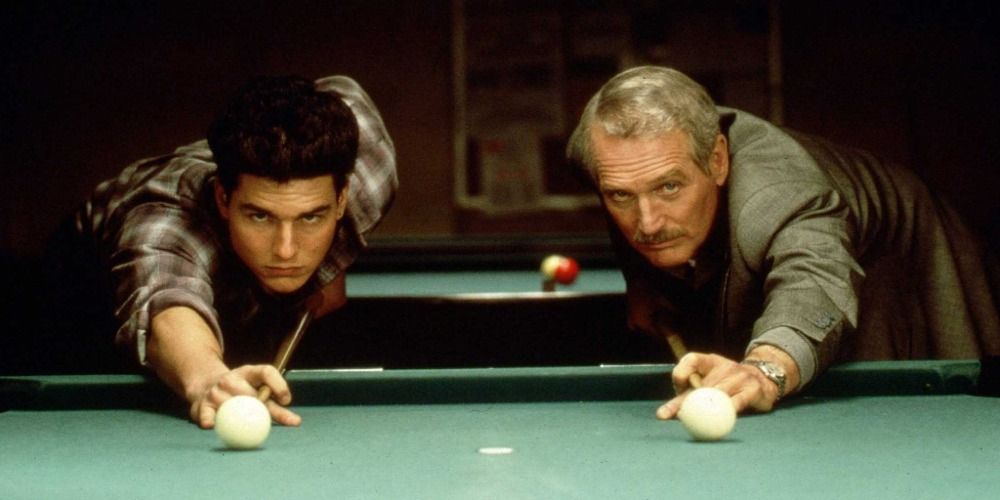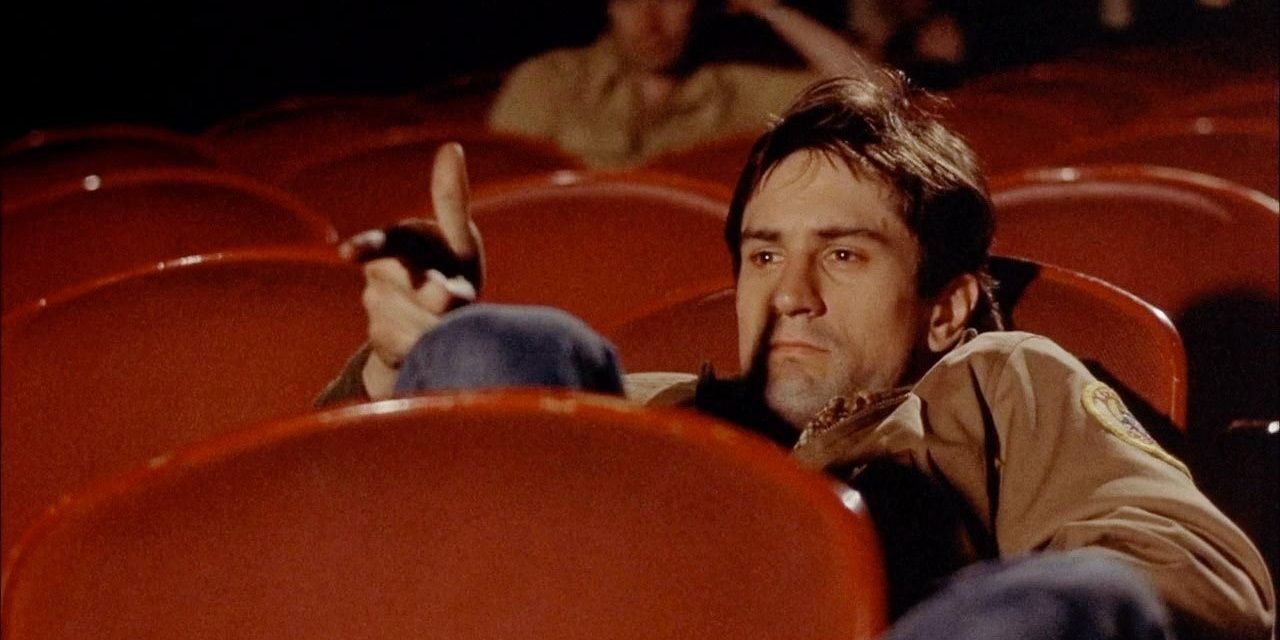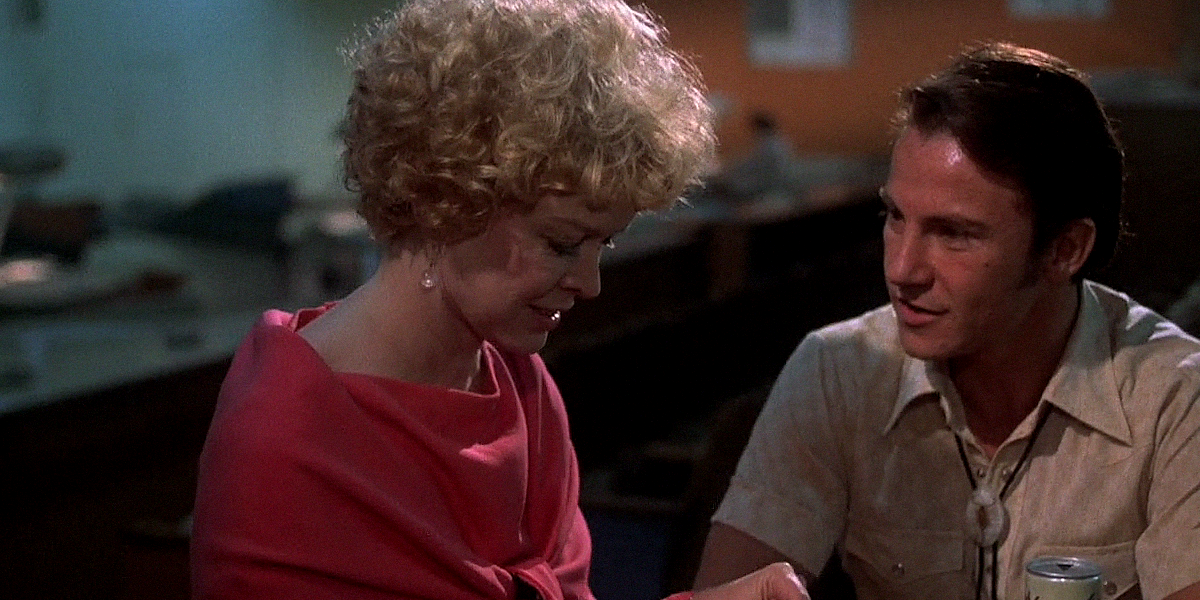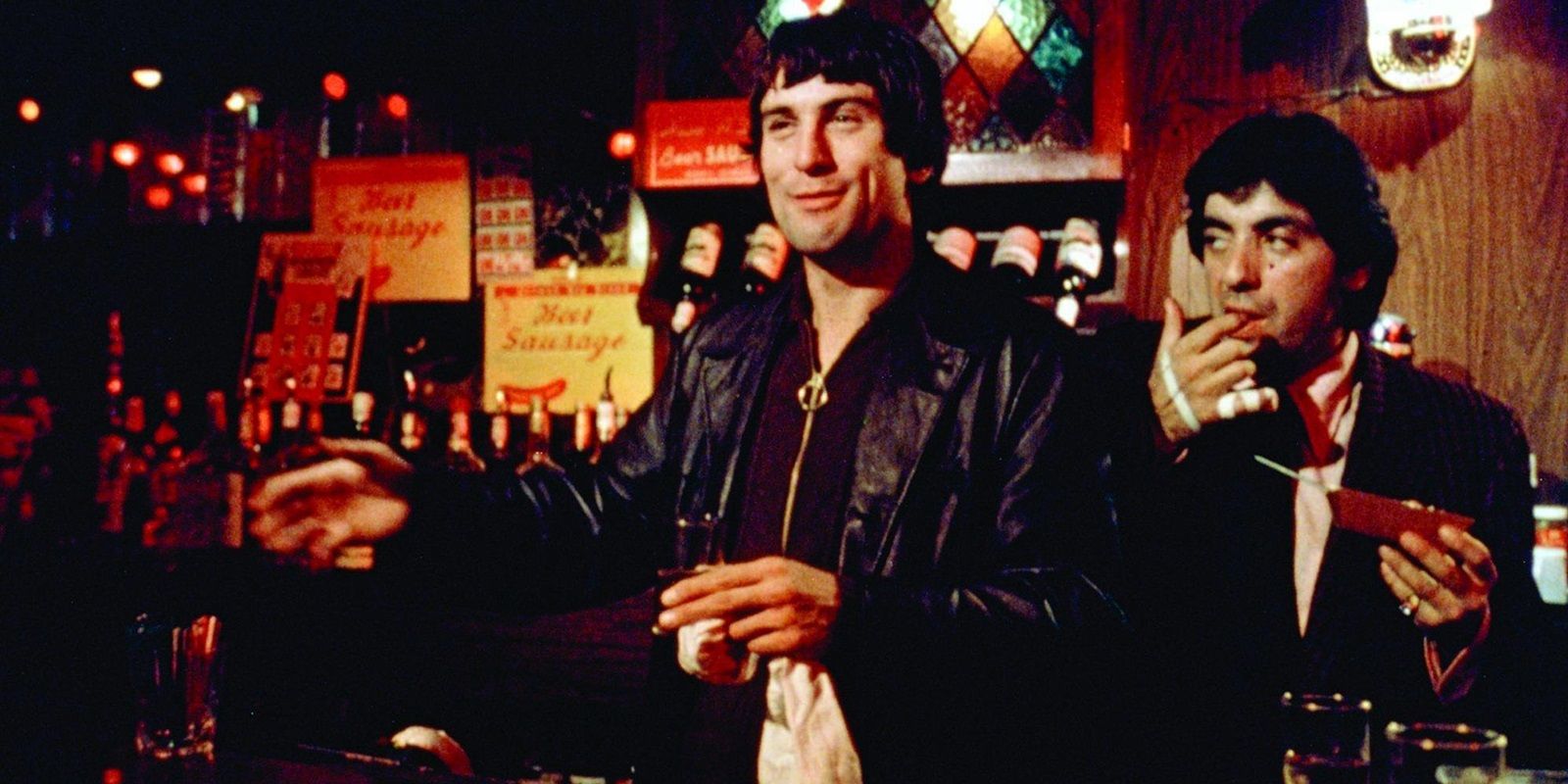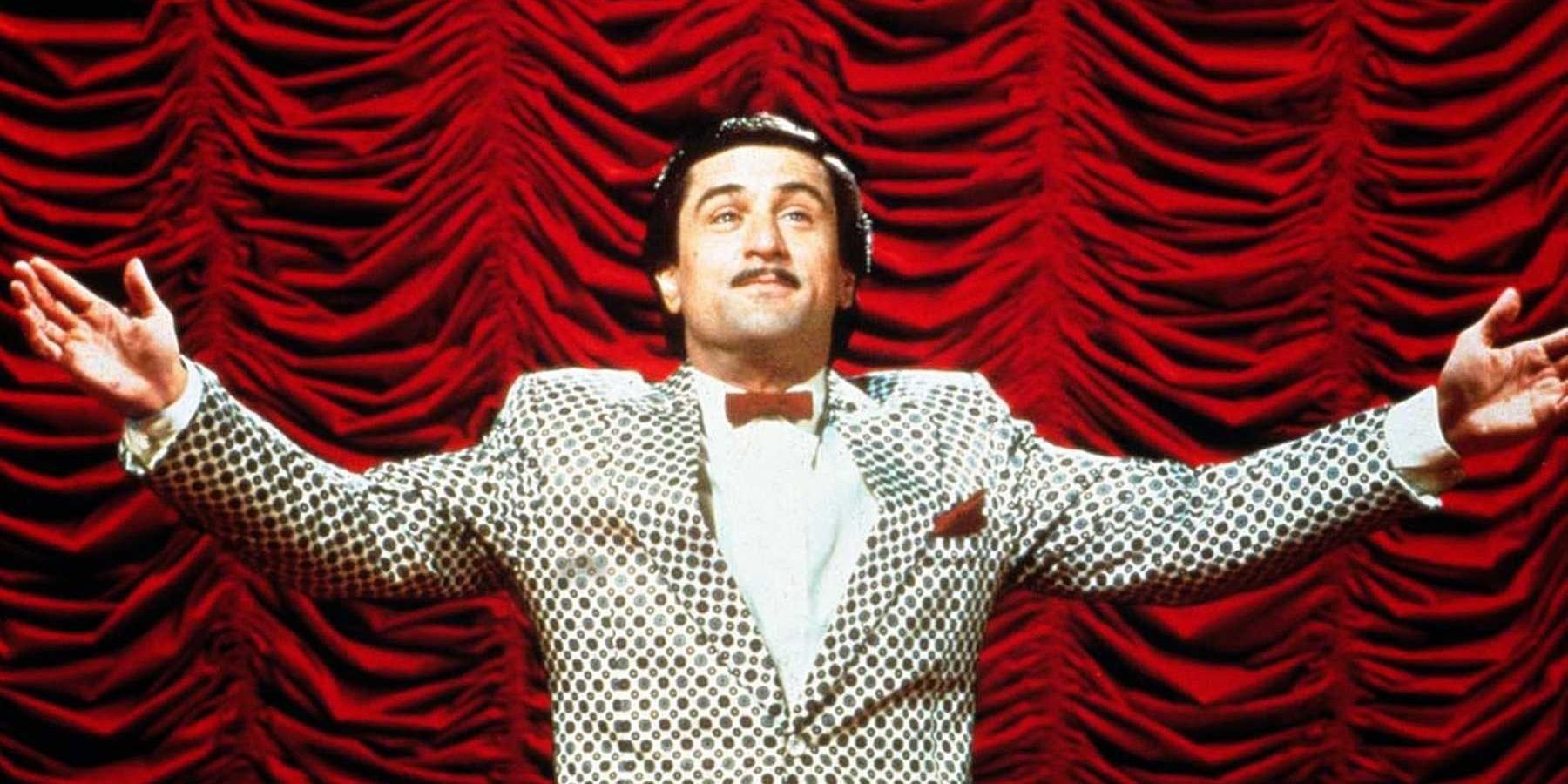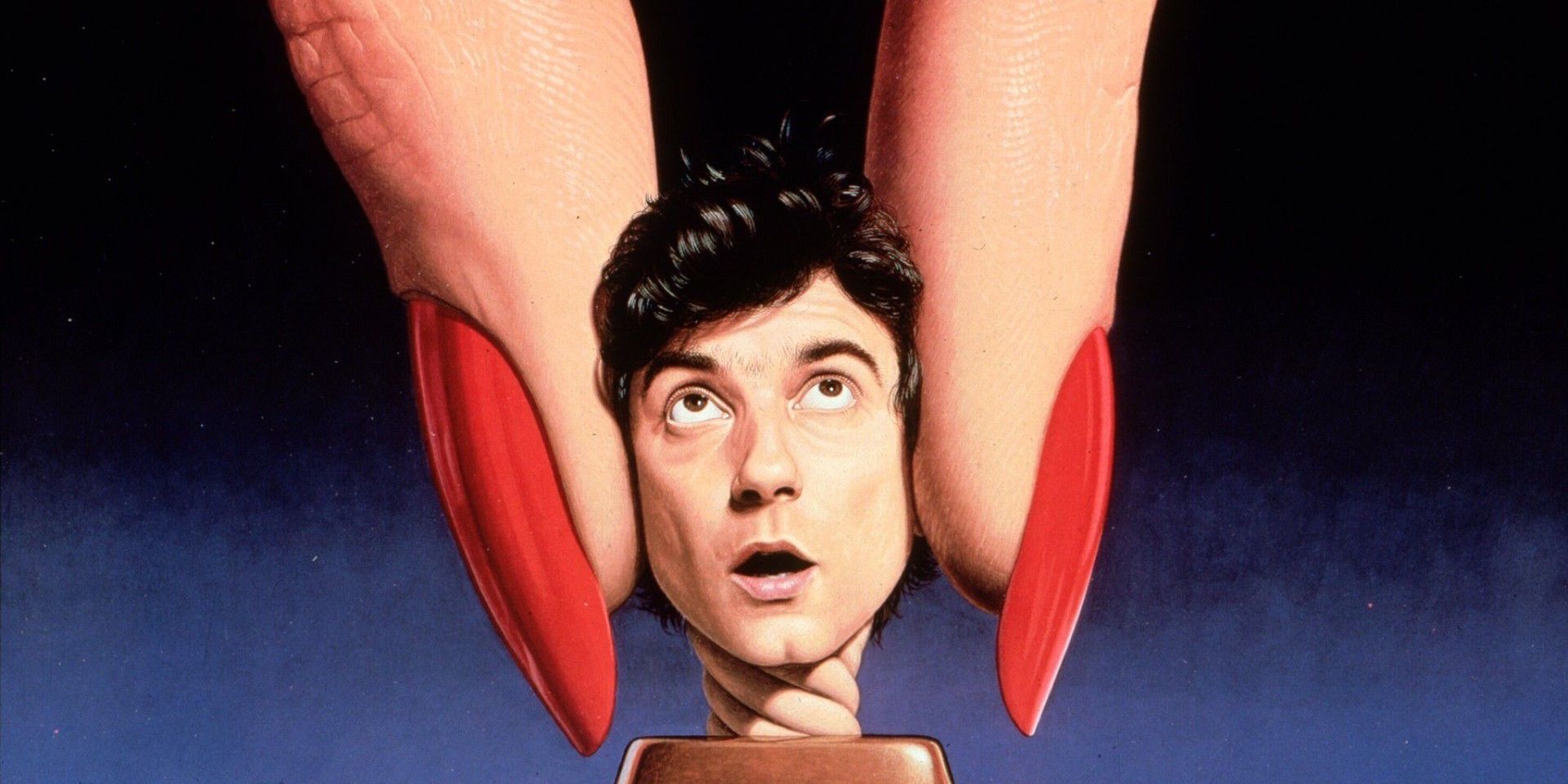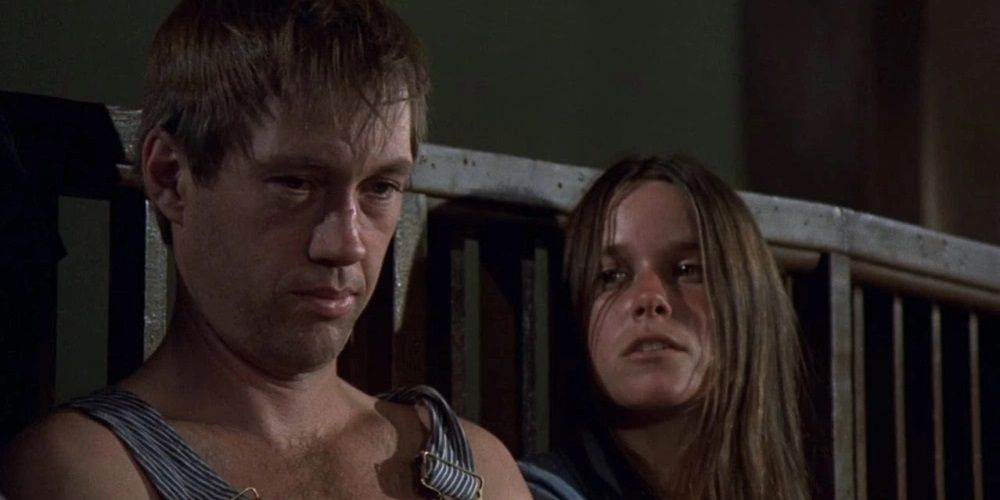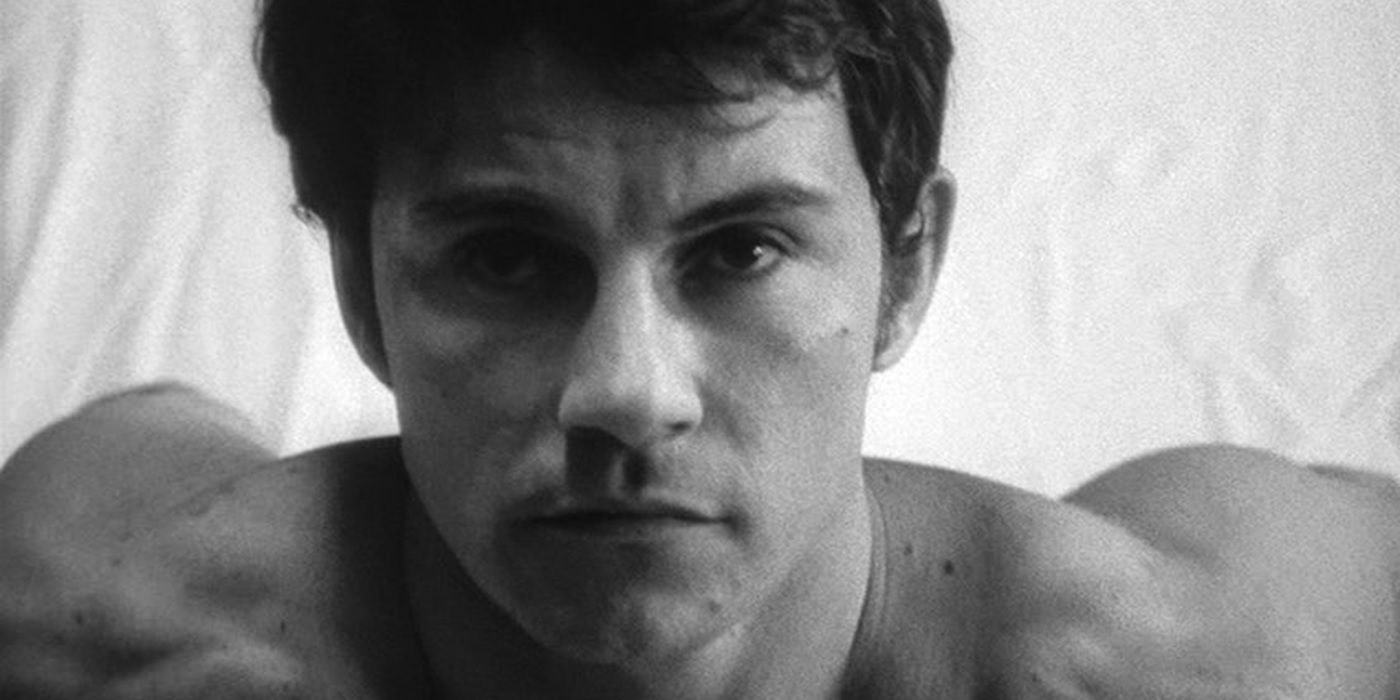Martin Scorsese needs no introduction. The visionary filmmaker is more recently known for the gangster drama The Irishman and his comments on 'Marvel not being cinema', but otherwise, Scorsese's diverse filmography transcends the usual gangster tropes. He has played around with several genres, like thriller, fantasy, musical, and historical drama, along with a slew of documentaries.
However, apart from anti-heroes, cynical violence, and a love for New York, a common trope in Scorsese's recent films is a pretty long runtime (ranging from two and a half to three hours), making each of his films an epic in themselves. But in contrast to these, he has also directed a few considerably shorter films.
Hugo (2011) - 126 Minutes
Hugo is one of the few Martin Scorcese films that is suitable for family viewing. A visually-striking adventure drama, Hugo strays away from Scorsese's murky New York frames and takes viewers on a vibrant ride to Paris of the 1930s. Asa Butterfield plays Hugo Cabret, a young orphan who seeks a key that would solve the mystery of his father's death and a device bestowed upon him.
Based on a children's historical fiction book, Hugo almost finds Scorsese revealing his "inner Spielberg," creating an enchanting 3D world riddled with intricate production design and strengthened with a talented ensemble cast.
Bringing Out The Dead (1999) - 124 Minutes
While starring in blockbusters, Nicolas Cage has also made experimental film choices. Bringing Out The Dead is one of them. Written by his usual collaborator, Paul Schrader, the thriller finds Scorsese taking the supernatural route as an exhausted and sleep-deprived paramedic starts hallucinating visions of the people whose lives he couldn't save.
A compelling look into the human psyche, the film reunites its director and screenwriter to explore their favored themes of isolation and paranoia.
The Color Of Money (1986) - 120 Minutes
Continuing the events of The Hustler, The Color Of Money is a sports drama that stars Paul Newman (reprising his role of pool hustler, Edward Felson), while also featuring a much-younger Tom Cruise as his protege.
Even though the film couldn't garner the cult status of its original, it drew a lot of praise for Newman and Cruise's performances (the former winning his only acting Oscar, despite nine nominations), and it is considered one of Scorsese's lighter films.
Taxi Driver (1976) - 114 Minutes
Some might argue that Taxi Driver is the director's magnum opus. Even if the film continues to be controversial to date, with its interpretations and reinterpretations, the New York-based neo-noir is a harrowing portrayal of themes around urban life, masculinity, and heroism. Scorsese had hinted at such themes in his previous films, but it's in Taxi Driver where he gets to flesh out his dark philosophies to the fullest extent.
Robert De Niro plays Travis Bickle, the titular taxi driver who grows infuriated in his alienation and solitude, planning to become a vigilante of sorts. What could have been a straightforward crime drama turns into a psychological thriller, thanks to the film's visual storytelling and De Niro's committed performance.
Alice Doesn't Live Here Anymore (1973) - 112 Minutes
Ellen Burstyn won an Academy Award for Best Actress in one of Scorsese's few films in which a hypermasculine male doesn't play the lead for a change. Burstyn's character of Alice Hyatt in Alice Doesn't Live Here Anymore is a recently-widowed woman who seeks a better life for her preteen son.
Compared to the drama maestro's other films, this film is much lighter in tone. In fact, it even inspired a sitcom by the name of Alice. It currently has a mixed response, with feminist critiques both praising and criticizing the film on different grounds. But in terms of narrative, it continues to show the director's early versatility.
Mean Streets (1973) - 112 Minutes
This film might not be everyone's cup of tea, but it still offers an interesting glimpse into Scorsese's nascent stage of directing crime dramas, which would eventually reach new heights.
The first collaboration between Scorsese and his acting muse, Robert De Niro, Mean Streets is a crime drama that focuses more on the everyday life of small-time gangsters, rather than the actual violence and mob politics. With a classic ensemble cast comprising of Harvey Keitel, De Niro, and David Proval, Mean Streets explores the underbelly of Little Italy spanning across different levels of the criminal society.
King Of Comedy (1982) - 109 Minutes
King Of Comedy is yet another underrated satire by the director. Even though the film might not be that popular among cinephiles, its underlying concept of "better to be king for a night than schmuck for a lifetime" has influenced several other dark comedies and dramas, Joker being a recent example.
Robert De Niro plays Rupert Pupkin, an aspiring comedian who barely manages to get any laughs. A chance encounter with talk show host Jerry Langford (Jerry Lewis) convinces Rupert to stalk and abduct him to get a spot on the show.
After Hours (1985) - 97 Minutes
Not only is After Hours short, but it's also more minimalistic when compared to Martin Scorsese's other films. The underrated black comedy stars Griffin Dunne as an ordinary New York citizen who heads back to his SoHo home one night. The night offers him plenty of misadventures as he meets all sorts of people in the city. Think of After Hours as Taxi Driver if it was a satirical comedy.
The film is unfortunately not that recognized in Scorsese's pantheon of films, even if it did win him a Best Director Award at Cannes.
Boxcar Bertha (1972) - 92 Minutes
Scorsese's second feature film finds the director mixing the genres of romantic drama with crime. Produced by his mentor, Roger Corman, Boxcar Bertha features Barbara Hershey as the titular character as she robs trains with her lover, occasionally helping railroad workers.
When implicated in the murder of a wealthy gambler, the protagonists end up becoming fugitives. Even though the film drew mixed reviews on its release, Scorsese fans would be interested in seeing the adrenaline-fueled narrative that would evolve with his future films.
Who's That Knocking At My Door (1967) - 90 Minutes
The directorial debut of Martin Scorsese also happens to be his shortest feature film. Also marking the acting debut of Harvey Keitel, Who's That Knocking At My Door is an interesting insight into Catholic guilt, a recurring theme in many of Scorsese's films.
Keitel's character is a devout Catholic who seems to find "the ideal woman" (Zina Bethune). However, when his lover carries a past of sexual abuse, the lead starts shunning her while doubting his own male ego and pride. It's a promising debut for a then-25-year-old Scorsese, offering varying perspectives on morals, marriage, and city life.

